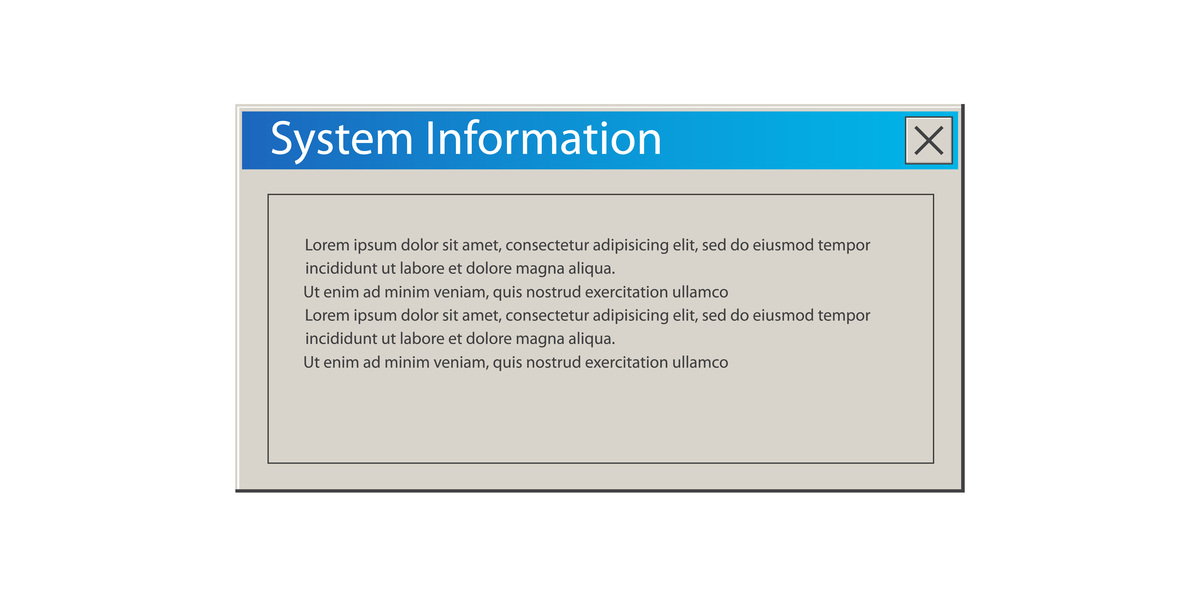Linux 'no child process' Error: Causes and Solutions
The error message 'no child process' in Linux typically means that a command or program is trying to fork a child process, but it is unable to do so. This can happen due to various reasons, such as:
-
Insufficient system resources: If the system does not have enough resources (such as memory or CPU) to create a new process, the 'no child process' error may occur.
-
Limit on the number of processes: Linux has a limit on the maximum number of processes that can be created by a user or the system. If this limit is reached, the error can occur.
-
Issues with the command or program: If there is a problem with the command or program you are trying to run, it may result in the 'no child process' error. This could be due to a syntax error, missing dependencies, or other issues.
To resolve this error, you can try the following steps:
-
Check system resources: Make sure that your system has enough memory and CPU available to create a new process. You can use commands like 'free' and 'top' to check the system resource usage.
-
Increase process limit: If the error is due to reaching the maximum number of processes, you can increase the limit. You can do this by modifying the 'ulimit' settings or editing system configuration files like '/etc/security/limits.conf'.
-
Check command or program: Verify that the command or program you are trying to run is valid and properly installed. Check for any syntax errors or missing dependencies.
-
Restart the system: Sometimes, a simple system restart can resolve the issue if it is caused by temporary glitches or conflicting processes.
If the issue persists after trying these steps, you may need to investigate further or seek assistance from a Linux system administrator or support forum.

原文地址: https://www.cveoy.top/t/topic/qf6H 著作权归作者所有。请勿转载和采集!